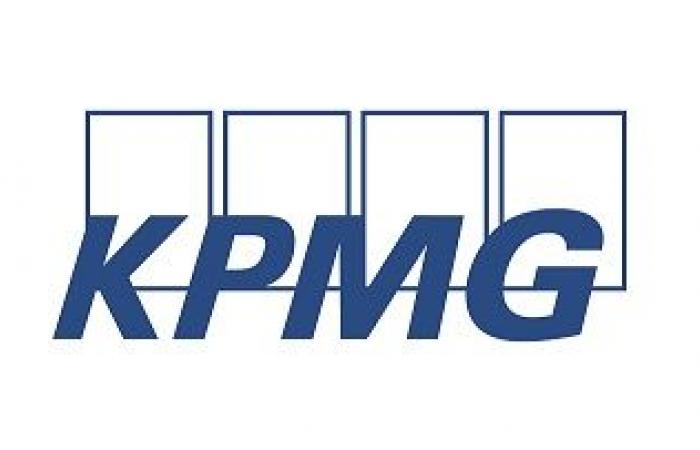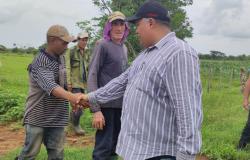Buenos Aires, June 13, 2024 /KPMG (Writes Gonzalo Brest, partner of Tax & Legal KPMG Argentina) The Senate of the Nation approved yesterday the Base Law introducing some relevant changes in the Incentive Regime for Large Investments (RIGI). This analysis aims to recount the most relevant changes that the project underwent during its passage through the Upper House.
Activities included.
Article 165 provided that the regime would cover “Large Investments” in projects in any sector. However, in the new version approved yesterday its application is limited to specific sectors: forestry industry, tourism, infrastructure, mining, technology, steel, energy, oil and gas.
Clause buy Argentine
Previously, the project considered inapplicable any rule or restriction that “forces the acquisition of inputs from national suppliers under conditions less favorable than market conditions”In the version approved yesterday in the Senate, a Copernican twist is made by establishing, among the commitments assumed, that whoever wishes to incorporate their project into the RIGI must purchase from local suppliers, both in the construction and operation stages. “at least 20% of the entire investment amount”.
This condition, however, provides an exception by determining that it will only be applicable when “the offer is available and under market conditions in terms of price and quality”.
Experience in regimes that provide for similar conditions indicates that it is not always easy to reconcile the characteristics of products offered locally with others that can be purchased abroad. At this point the challenge will be to regulate this aspect, trying to avoid abuses and distortions to trade.
Registration in the RIGI of the VPU Suppliers (Single Project Vehicles)
In the new wording of article 167, importers who supply goods and services to the VPU are allowed to register in the RIGI, exclusively to obtain tax exemptions on the import of those merchandise they use to supply such goods and services to the VPU. These beneficiaries must complete a minimum billing percentage corresponding to these imported goods in relation to their total billing. This change gave rise to the claim that some sectors had made in relation to the inequality between foreign suppliers and local suppliers.
Limitations on the declaration of national interest
Although the RIGI is declared of national interest, the new text only limits the powers of the provinces and municipalities that have joined the RIGI. This weakens protection against local jurisdictions that undermine the benefits of the RIGI through increases in local taxes or rates that could be considered abusive.
Essential services for the project
In the new wording, it is allowed to compute exceptionally (and at the request of the VPU when submitting the application for membership), in response to the risk assumed by the investor, payments for contracting essential services for the project and without which the project could not be be executed, up to a limit of 20% of the minimum investment amount.
This benefit could include necessary services such as rental of mining or oil drills or gas liquefaction vessels.
Technical study of non-distortion of the local market
A sworn declaration, supported by a technical study, establishing that the VPU will not distort the local market and a development plan for local suppliers, are included among the requirements of the membership application and the investment plan.
In this sense, the determination by the Enforcement Authority that entry into the RIGI by the requesting VPU would generate a distortion in the local market is added as a possible cause for rejection of an investment plan.
Exchange incentives
Originally, an exception to the obligation to liquidate foreign currency through the official market was provided, effective as of Decree 609/19, which would reach 20% of the foreign currency received for exports carried out from the first year onwards. from the date of joining the RIGI40% from the second year and 100% from the third year. In the new version, these deadlines begin to be counted from the launch of the VPU when it comes to the collection of exports declared as “Long-Term Strategic Exports” and from the second year from the start of the investment, for other projects.
This is a relevant change because in the previous wording the limitations on access to the exchange market overlapped with the initial stages of the project, so that, if the project was launched, for example, from the fourth year, it could immediately have 100% of the foreign exchange generated by exports. With the new wording, particularly for those projects declared as “Long-Term Strategic Export”, said benefit would only be achieved in the seventh year, that is, once three years have passed since their start-up.
| About KPMG International KPMG is a global network of professional firms providing audit, tax and advisory services. KPMG is the brand used by member firms of KPMG International Limited (“KPMG International”) to operate and provide professional services. “KPMG” is used to refer to individual member firms within the KPMG organization or to one or more member firms collectively. KPMG operates in 143 countries and territories, with more than 273,000 partners and collaborators working in member firms around the world. Each KPMG firm is an independent entity and describes itself as such. Each KPMG member firm is responsible for its own obligations and responsibilities. KPMG International Limited is a privately held English entity limited by guarantee. KPMG International Limited and its related entities do not provide services to clients. |
About KPMG ArgentinaIn Argentina we are a multidisciplinary team made up of more than 1,500 professionals who offer advisory, tax, legal and audit services. We have offices in the City of Buenos Aires, Córdoba and Rosario, which allow us to consolidate our position in the market and strengthen our presence in the country’s strategic centers. |
| Claudio Negrete Williams Senior Communications Manager KPMG Argentina |






